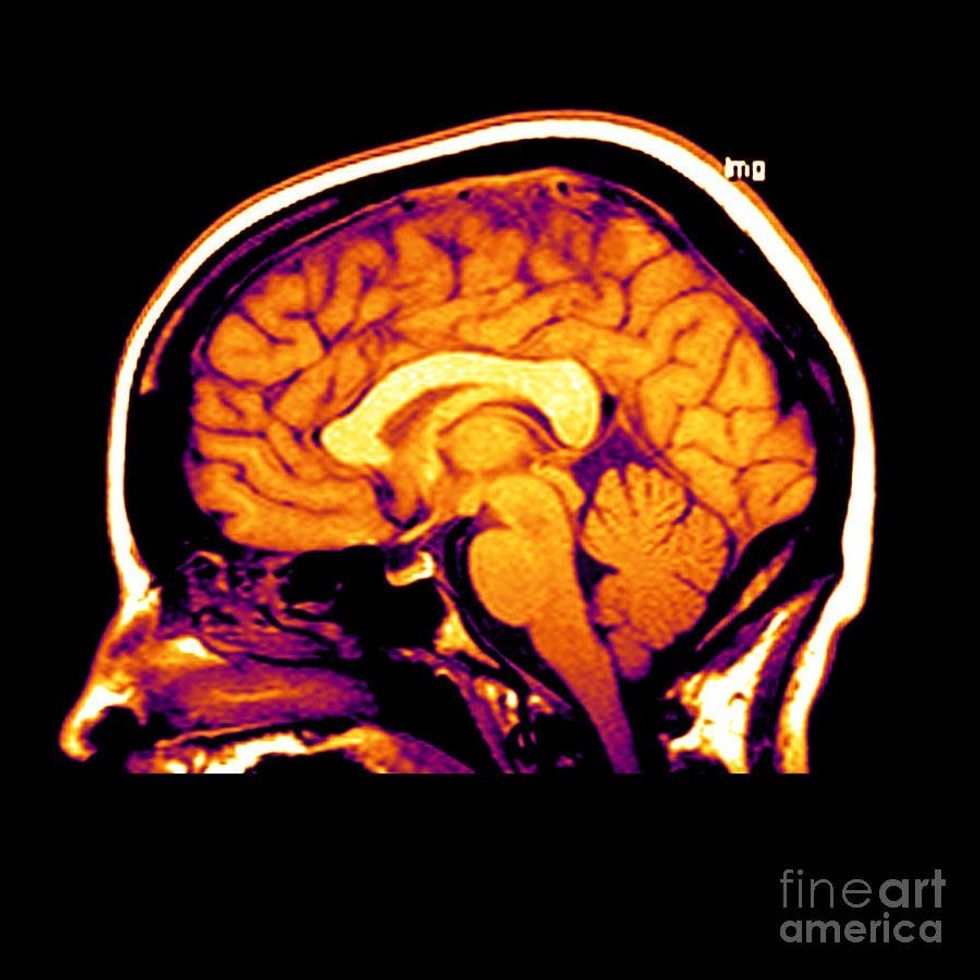Stop for a second. How many negative thoughts have you had today? How many positive ones? Would the negative ones outweigh the positive ones, or vice versa? Thoughts cycle continuously through our brains, so they must be important, right? I wondered, how much do our thoughts change our lives?
I came up with two main questions in my study of thoughts.
1. Could the belief that stress is bad for us matter?
2. Could the worry that pain is bad for us matter?
To answer whether or not the belief that stress is bad is harmful, I looked at a comprehensive 2012 study of 30,000 US citizens. It asked each person, “How much stress do you experience on a daily basis?” Then, the researchers let time pass and recorded deaths. People who rated a lot of stress and considered it dangerous died 43 percent more. Out of everyone in the study, the people who had the highest stress and thought it was harmless were the least likely to die, even less likely than those with low stress.
What does this mean? Stress is not the enemy, in fact stress is your body helping you prepare for challenges. Psychologists like Kelly McGonagall were horrified when they saw this study after years and years of telling people that stress makes you sick 182,000 Americans died prematurely from the belief that stress was bad for them. This ranks as the 15th largest cause of death in the US in the last year! The belief that stress is a poison killed more people than skin cancer, HIV/AIDS, and homicide. http://www.ted.com/talks/kelly_mcgonigal_how_to_make_stress_your_friend.This is why she gave a TED talk on the ways to turn stress into your friend.
She talked about how stress is not a poison. In fact, stress makes you social. Most people know about oxytocin, a neurohormone released when you hug someone. What most people don’t know is that this hormone is a stress hormone. The pituitary glands pump it out, priming your body to seek physical contact with others, and urging the body to tell others how it feels. This is your body looking out for you and helping you get the support you need. Finally, oxytocin improves your empathy and compassionhttp://www.ncbi.nlm.nih.gov/pubmed/22201278.
So how can you make stress your friend, McGonagall asked? When your heart starts pounding and you start to sweat and breathe fast before a speech, you would usually fret and become anxious. However, in a Harvard study, participants were retrained to tell themselves that their stress response was their bodies preparing them to rise to the challenge and take in enough oxygen. Not only did they feel more confident and perform better, but biology changed too. Usually, under stress the blood vessels constrict as the heart rate goes up, just as a person’s would with chronic stress. This is associated with heart attack. The Harvard students who made friends with stress still had pounding hearts, but their blood vessels remained relaxed. This looked exactly like what the body does in moments of joy! http://www.ncbi.nlm.nih.gov/pubmed/23437923
Furthermore, the worry over your pain has a negative effect on you, and not just in an emotional way. Worrying about, talking about, or even thinking about pain symptoms are examples of something called a pain behavior. A pain behavior is something your body either does or avoids in result of being in pain. A lot of times the act shows others around you that you are sick and indicates to you yourself that you are sick. This reinforces the neuropathways in the brain that are telling you that you have pain, and this only intensifies pain. It does nothing to help the pain. While this applies to both acute and chronic pain, this holds true especially in a cycle of chronic pain. Some behaviors when in acute pain obviously make sense, such as rubbing a hurt muscle or using ice. Moaning and groaning would not be excused. However, with chronic pain, most all of these behaviors only reinforce the firing of the neurons.
If a person uses other strategies, such as deep breathing, distraction, imagery, meditation, and moderation, this is when they will truly feel a change. Moderation is not doing too little, but not doing too much; perhaps one of the toughest concepts in life.
So yes, the belief that stress is bad for you does matter a whole lot, and the worry that pain is bad for you is wholly detrimental, especially in a chronic situation. Changing these worries and behaviors is not easy, I’ll admit it. The best news of the day? We are realizing more and more the vast ability for our thoughts to change our lives, and we have every second of every day to practice.





















